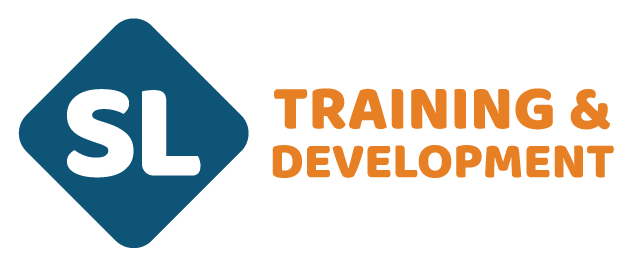The benefits of using professional discussion as an assessment method
Simon Linard • March 12, 2025
Using
Professional Discussion as an Assessment Method: A Guide for Assessors
Professional discussion is an effective and versatile assessment method that allows learners to demonstrate their knowledge, skills, and links to competencies in a structured, yet flexible, manner. This method is widely used across various industries, particularly in vocational and competency-based education, where learners need to showcase practical expertise beyond written work and evidence.
What is Professional Discussion?
Professional discussion is a structured, yet conversational, assessment technique in which an Assessor and a learner engage in a guided dialogue to assess the learner’s knowledge, understanding and competency against predetermined assessment criteria. This method enables learners to elaborate on their experiences, reflect on their learning, and provide real-world examples to validate their skills.
Unlike traditional assessments, professional discussions focus on verbal articulation of knowledge, allowing Assessors to probe deeper into learners’ understanding and clarify any uncertainties in real time. This technique is particularly useful for evaluating soft skills, decision-making, and professional judgments, which may not always be evident in written assessments.
Benefits of Professional Discussion as an assessment method
1. Authentic Assessment of Competency
Professional discussion provides a platform for learners to demonstrate real-world application of their knowledge and skills. It allows Assessors to gain insights into the learners' knowledge and overall competency in a given field.
2. Flexibility and Inclusivity
Unlike rigid written assessments, professional discussions can be tailored to suit different learning styles and abilities. This method accommodates learners who may struggle with traditional exams or written work but excel in verbal communication.
3. Enhanced Reflection and Critical Thinking
Engaging in professional discussions encourages learners to reflect on their experiences, analyse their decisions, and articulate their thought processes. This deepens their understanding and strengthens their ability to apply knowledge effectively.
4. Immediate Clarification and Feedback
One of the major advantages of professional discussions is the ability to clarify doubts and misconceptions in real time. Assessors can ask follow-up questions, seek further elaboration, and provide immediate feedback, making the assessment more dynamic and interactive.
5. A Comprehensive Assessment Record
Professional discussions can be recorded or documented through detailed notes, providing a comprehensive record of the assessment. This ensures transparency and accountability while allowing for future reference and internal / external quality assurance.
Best practices for conducting a Professional Discussion
1. Prepare Clear Criteria and Guidelines
Ensure that the discussion is aligned with predefined assessment criteria. Clearly outline the expected competencies and provide learners with guidance on what they need to demonstrate during the discussion.
2. Create a Comfortable Environment
A professional yet relaxed setting encourages learners to communicate openly and confidently. Reducing anxiety helps them articulate their thoughts more effectively.
3. Use Open-Ended Questions
Encourage critical thinking by using open-ended questions that require more than just yes/no answers. Examples include:
"Can you describe a time when ....."
"How do you ensure ......"
"What steps do you take to ......"
4. Actively Listen and Probe for More Depth
Listening attentively and asking follow-up questions ensures that learners provide comprehensive and relevant responses. Probing deeper helps Assessors gauge the depth of understanding and practical application of knowledge.
5. Record and Document the Discussion
Depending on assessment policies, discussions can be audio or video recorded (with consent) or documented through detailed notes. This provides an accurate assessment record and supports validation or quality assurance processes.
Summary
Professional discussion is a valuable assessment method that goes beyond written tests to evaluate real-world competency. By incorporating structured conversations into the assessment process, Trainers / Tutors and Assessors can gain deeper insights into learners’ capabilities, promote reflective learning, and create a robust record of assessment. When conducted effectively, professional discussions enhance both the assessment experience and the credibility of competency evaluations.

The Importance of Assessor Qualifications in Workplace Training In today's fast-evolving business landscape, employers need effective workplace training as it is essential for maintaining a competitive edge. A critical component of this training process is the use of workplace assessment. Workplace Assessors are technical experts and industry professionals responsible for evaluating employees' competencies and ensuring training programmes meet industry standards. To maintain credibility and effectiveness, it is imperative that workplace Assessors possess a recognised assessing qualification .

The Level 5 Diploma in Education and Training (known as the DET) is the current, up to date Level 5 teaching qualification. This was introduced in 2014 and replaced the Level 5 Diploma in Teaching in the Lifelong Learning Sector (DTLLS). The DET sits within the Education and Training suite of qualifications, alongside the Level 3 Award in Education and Training (AET) and the Level 4 Certificate in Education and Training (CET). The Level 5 Diploma in Education and Training has been and still is a very flexible and valuable qualification for vocational Teachers, Trainers and Tutors to gain, opening up opportunities for employment and linked to QTLS. The structure of the qualification units provides bespoke pathways for learners to follow, based on their own role or how they want to develop.

There seems to be a great deal of confusion about the current qualifications available for assessors, with lots of mixed and sometimes inaccurate information provided to people. This post sets out to clarify a few things: What is current? What no longer exists? Do you need to update? How you can upgrade.











